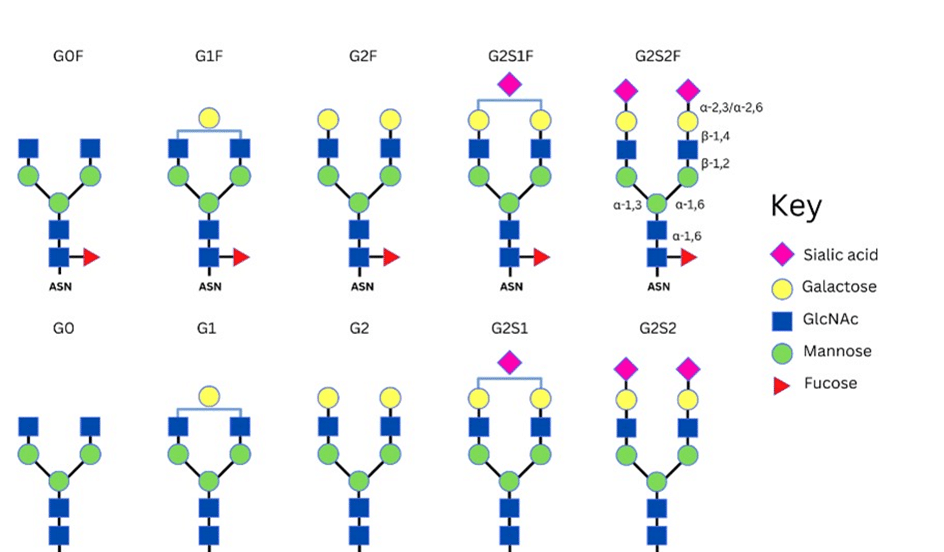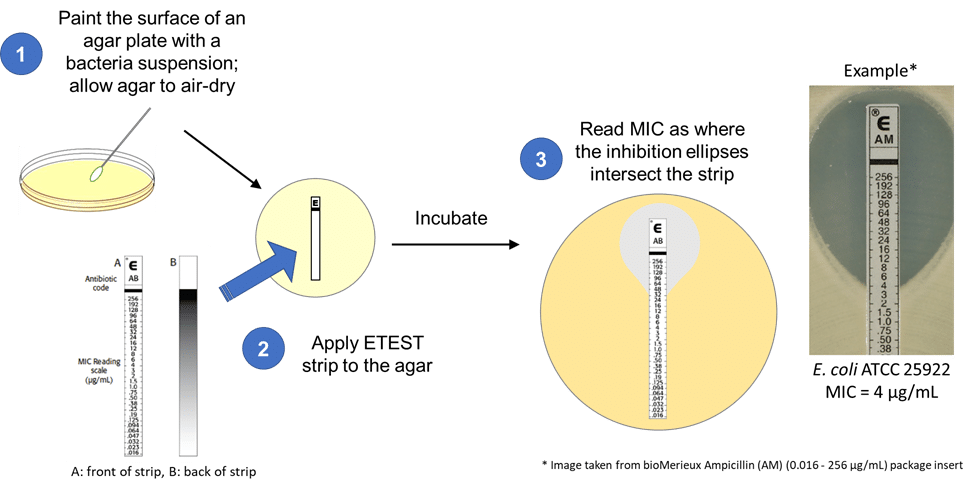A Step-by-Step Guide to Analytical Method Development and Validation
Method development and validation are essential components of drug development and chemistry manufacturing and controls (CMC). The goal of method development and validation is to ensure that the methods used to measure the identity, purity, potency, and stability of drugs are accurate, precise, and reliable. Analytical methods are critical tools for ensuring the quality, safety, and efficacy of pharmaceutical products in the drug development process. Analytical development services performed at Emery Pharma are outlined below.
Analytical Method Development Overview:
Analytical method development is the process of selecting and optimizing analytical methods to measure a specific attribute of a drug substance or drug product. This process involves a systematic approach to evaluating and selecting suitable methods that are sensitive, specific, and robust, and can be used to measure the target attribute within acceptable limits of accuracy and precision.
Method Validation Overview:
Method validation is the process of demonstrating that an analytical method is suitable for its intended use, and that it is capable of producing reliable and consistent results over time. The validation process involves a set of procedures and tests designed to evaluate the performance characteristics of the method.
Components of method validation include:
- Accuracy
- Precision
- Specificity
- Linearity
- Range
- Limit of detection (LOD)
- Limit of quantification (LOQ)
- Ruggedness
- Robustness
Depending on the attribute being assayed, we use state-of-the-art instrumentation such as HPLC (with UV-Vis/DAD, IR, CAD, etc. detectors), LC-MS, HRMS, MS/MS, GC-FID/MS, NMR, plate readers, etc.
At Emery Pharma, we follow a prescribed set of key steps per regulatory (FDA, EMA, etc.) guidance, as well as instructions from the International Council for Harmonisation of Technical Requirements for Pharmaceuticals for Human Use (ICH) for any analytical method development and validation.
Step 1: Define the Analytical Method Objectives
The first step in analytical method development and validation is to define the analytical method objectives, including the attribute to be measured, the acceptance criteria, and the intended use of the method. This step involves understanding the critical quality attributes (CQAs) of the drug product or drug substance and selecting appropriate analytical methods to measure them.
For example, impurity profile of a drug substance assessment require suitable HPLC-based methods for small molecules, whereas host cell proteins (impurity-equivalent) for a Biologic drug substance require ligand binding assays (LBAs) such as ELISA for overview, and LC-HRMS-based analysis for thorough understanding.
Step 2: Conduct a Literature Review
Next, a literature review is conducted to identify existing methods and establish a baseline for the method development process. This step involves reviewing scientific literature, regulatory guidance, and industry standards to determine the current state of the art and identify potential methods that may be suitable for the intended purpose.
At Emery Pharma, we have worked on and have existing programs on virtually all type of drug modalities, thus we have access to many validated internal methods to tap into as well.
Step 3: Develop a Method Plan
The next step is to develop a method plan that outlines the methodology, instrumentation, and experimental design for method development and validation. The plan includes the selection of suitable reference standards, the establishment of performance characteristics, and the development of protocols for analytical method validation.
Step 4: Optimize the Method
Next, the analytical method is optimized to ensure that it is sensitive, specific, and robust. This step involves evaluating various parameters, such as sample preparation, column selection, detector selection, mobile phase composition, and gradient conditions, to optimize the method performance.
Step 5: Validate the Method
The critical next step is to validate the analytical method to ensure that it meets the performance characteristics established in the method plan. This step involves evaluating the method's accuracy, precision, specificity, linearity, range, LOD, LOQ, ruggedness, and robustness.
Depending on the stage of development, validation may be performed under Research and Development (R&D), however, most Regulatory submissions require method validation be conducted per 21 CFR Part 58 on Good Laboratory Practices (GLP). To that end, Emery Pharma has an in-house Quality Assurance department that ensures compliance and can play host to regulators/auditors.
Step 6: (Optional) Transfer the Method
In some instances, e.g., clinical trials with multiple international sites, the validated method may need to be transferred to another qualified laboratory. We routinely help our Clients get several parallel sites up to speed on new validated methods, and support with training analysts on the method, documenting the method transfer process, and conducting ongoing monitoring and maintenance of the method.
Step 7: Sample Analysis
The final step of an analytical method development Validation process is developing a protocol and initiate sample analysis.
At Emery Pharma, depending on the stage of development, sample analysis is conducted under R&D or in compliance with 21 CFR Part 210 and 211 for current Good Manufacturing Procedures (cGMP). We boast an impressive array of qualified instrumentation that can be deployed for cGMP sample analysis, which is overseen by our Quality Assurance Director for compliance and proper reporting.
Let us be a part of your success story
Emery Pharma has decades of experience in analytical method development and validation. We strive to implement procedures that help to ensure new drugs are manufactured to the highest quality standards and are safe and effective for patient use.

